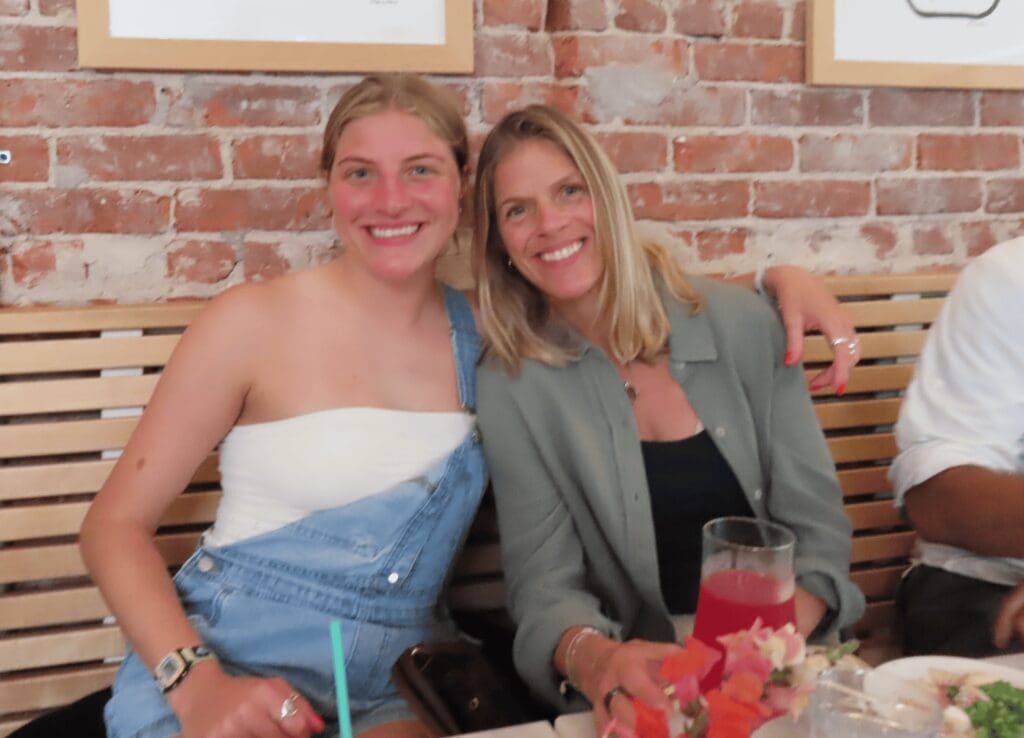
As humans we often seek comfort in certainty, in definitive black and white explanations. Yet certainty is hard to come by, and binary thinking can undermine the vast richness of human experience that resides between the extremes. When young, we are vulnerable to polarized messaging: I’m either good or bad, right or wrong, winner or loser. All-or-nothing thinking can become an ingrained distortion that increases anxiety and depression throughout our lives.
By nurturing nuance, we challenge binary thinking and expand the ways we see ourselves and others:
- Be curious about process rather than results. Explore qualitative details vs. quantitative, and talk about subjective feelings, observations, opinions.
- Separate behavior from character: doing a bad thing doesn’t make you a bad person.
- Don’t be afraid to start answers with “it depends.” Allow yourself that flexibility and wisdom.
- Reframe “mistakes” and “failures” as “how we learn.” When we focus on effort and growth, we nurture enthusiasm rather than dread.
- Don’t limit yourself with either/or. Embrace the word “AND” as a reminder that two things can be true:
- I’m a loving parent AND I lose patience sometimes
- I like planning ahead AND I appreciate your spontaneity
- I want to hear your feelings AND I can’t let you speak to me that way I can be tired AND exercise
- I feel sad that my daughter is going to college AND I’m excited for her
- Focus on listening, mutual understanding and nuanced problem-solving rather than on being right or “winning” an argument.



